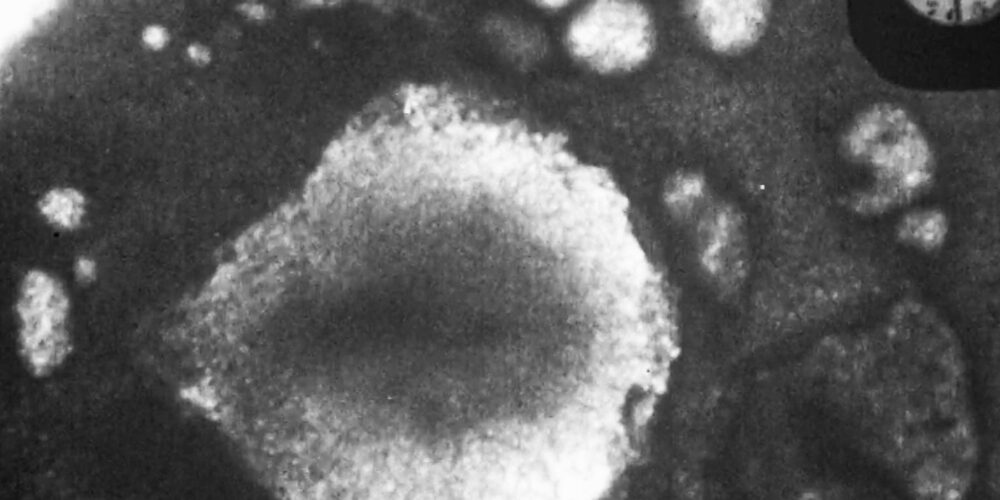
Imaging/Imagining Reproductive Crisis: time-lapse microscopy, animation and fertility discourse
- Fellow
- Rebecca Close
- Countries
- Ireland, Spain
- Institutions
- Institute for the History of Science
University College Cork - Contact
- rclose@ucc.ie
- Website(s)
Dr Rebecca Close University College Cork & Institute for the History of Science, Spain
The fertility rate has dropped dramatically in 11 of the 27 EU members states in the last 20 years, suggesting a crisis in reproduction in Europe. Fertility is also understood to decline abruptly for women after a certain age, even though the mechanisms of resilience of egg cells remains understudied. Time-lapse microscopy has been at the centre of the way we know about reproductive biology since the early 20th century, and today continues to condition how scientists create images of reproductive cells in laboratory settings. In this sense, animation techniques are key to scientific and popular understandings of both the “biological clock” and the supposed challenges or urgencies of population replacement. Dr Close’s research looks at how microscopy practices are implicated in not only imaging the reproductive cell, but also in imagining reproduction in crisis.
The research project combines archival research into early 20th century time-lapse film with a study in the present of how scientists and technicians use optical instruments to know more about oocyte biology. The research, under the supervision of Dr. Carlos Tabernero Holgado, Universitat Autònoma de Barcelona (UAB), focuses on laboratories in Barcelona, which has been a hub for “cross-border fertility” since the mid-2000s. With many people journeying to Spain to receive fertility treatments they cannot access in their countries of residence, Barcelona has become host to innovative biomedical research endeavours, as well as commercial fertility start-ups. Dr Close will also be supervised by Dr Órla O’Donovan, University College Cork, and mentored by Professor Amade M’charek.
This research project takes the form of academic journal publications, a public-facing program of conversations and talks and the creation of a short film. Dr Close’s research will contribute to a shared societal understanding of how reproductive issues – from scientific knowledge about reproductive biology to questions of access to reproductive resources and personal choices about one’s reproductive life and future – stand at the centre of public health concerns. This fellowship thus promises a broadening of the lens through which to consider “crisis”, and a vital inclusivity regarding the gender, racial and sexual politics of public health and governance.
News
Rebecca recently presented the paper “Fertility Fixes and Reproductive Crisis” at the Historical Materialism conference in Barcelona.